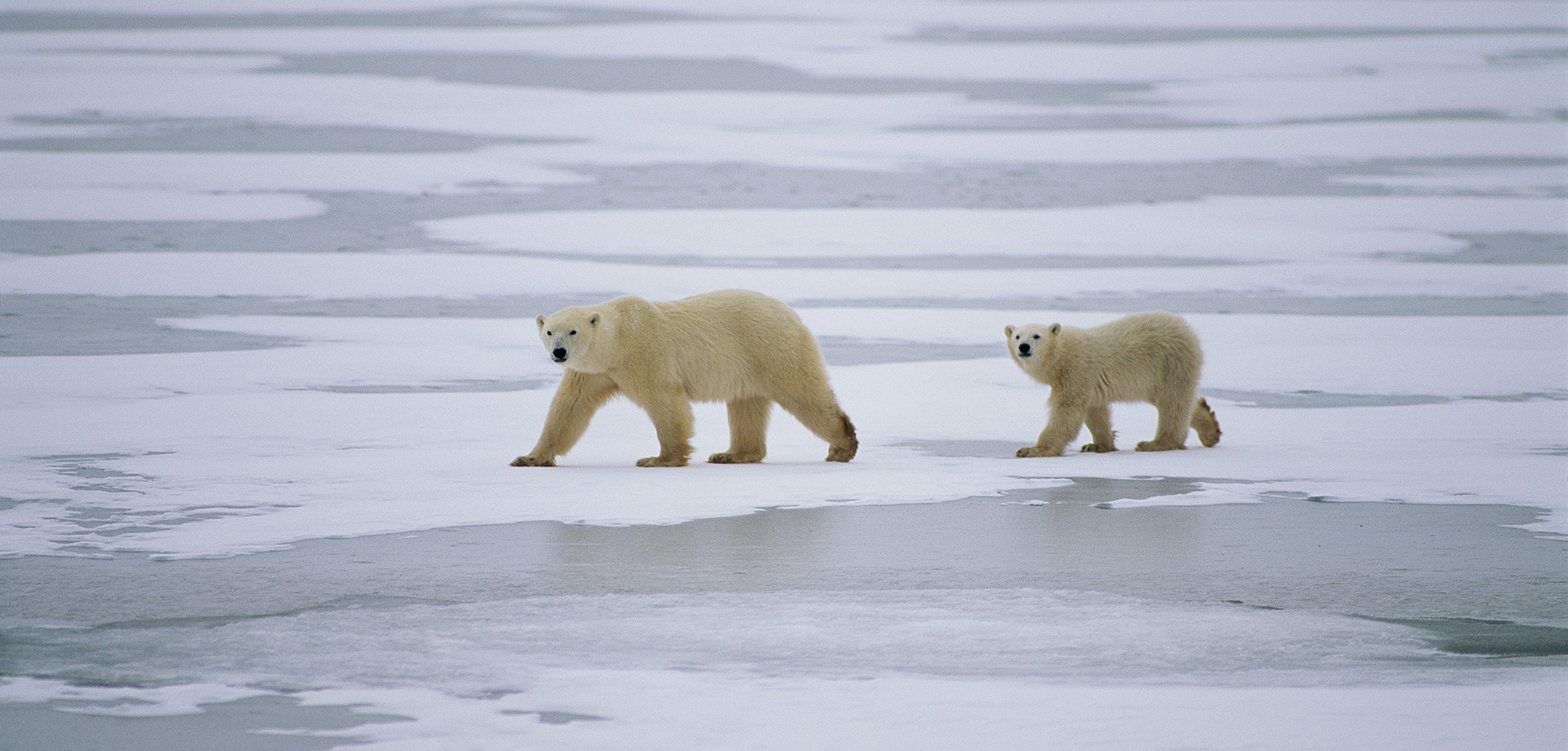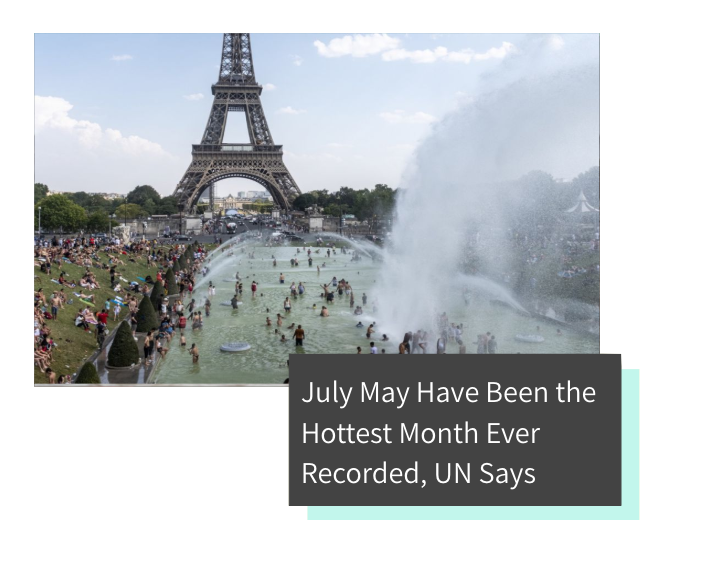
"As human beings, we are vulnerable to confusing the unprecedented with the improbable.
In our everyday experience, if something has never happened before, we are generally safe in assuming it is
not going to happen in the future, but the exceptions can kill you and climate change is one of those exceptions."
-Al Gore

Everyone can help reduce our impact on the planet. For starters, recycling is an easy way to do your part! We can also make sure to cut our home energy use by making sure to turn off lights when we leave a room, hanging laundry out to dry instead of using the dryer, and taking shorter showers. Transport's biggest source of emissions are planes, followed by cars. For a family of four, a return trip from the UK to Australia emits 12 times more carbon than running a car for an entire year. So if you fly a lot, this will be the biggest part of your carbon footprint by far. Fly less or, better still, stop. To cut your car emissions, try walking, cycling, public transport, car shares, working from home. You can also try to eat organic, local grown foods, whenever possible. They are grown without the use of synthetic fertilizers, which are byproducts of oil refining.
Learn More



SOURCES
"Climate Change: How Do We Know?", NASA Global Climate change
"Causes of Global Warming", World Wildlife Fund
"9 Ways We Know Humans Triggered Climate Change", Environmental Defense Fund
"How Climate Change is Affecting Our Lives", The Climate Reality Project
"5 Ways Climate Change Will Affect You", National Geographic
"The world's coastal cities are going under. Here's how some are fighting back", World Economic Forum
"How You Can Stop Global Warming", NRDC
"Ten Simple Ways to Act on Climate Change", BBC